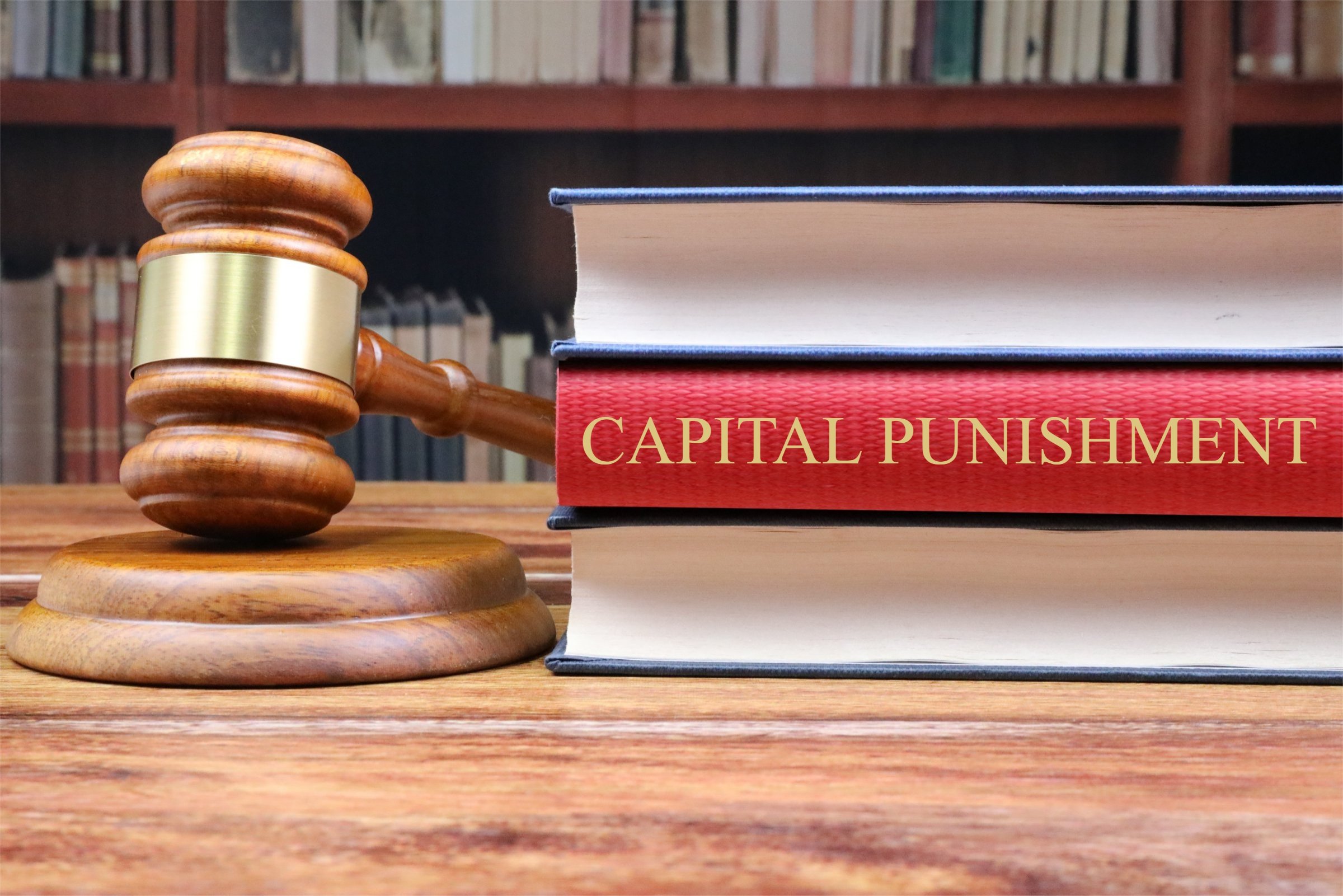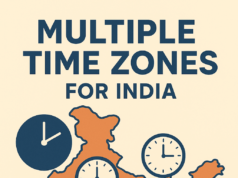Capital punishment or the legal authorisation of killing of a person as punishment for a crime is a practice followed by many countries throughout the world, in some cases, it is even a glorified measure of bringing justice to the victim.
It is understandable that, in cases of profound violation, a victim or their loved ones might hope a perpetrator’s death will offer some reprieve. Yet many first-hand accounts show that executions often do not bring the closure that they hoped for. In numerous cases, the victims and their families report that the death of the perpetrator does little to ease their pain or repair the harm, possibly because the death of the perpetrator does not undo their loss, and perhaps only accentuates violence with more violence.
This leads one to question whether there is any societal good that might result from capital punishment when it does not even serve the welfare of those affected by the crime.
It is worth considering the notion that capital punishment serves nobody. It is not helpful to the victims who have suffered the most, it is a burden upon the tax payer, whom the execution of capital punishment is beared by and also has an unsatisfactory effect on deterrence of crimes. A common assumption regarding capital punishment is that it saves public money since the state is spared the cost of long-term imprisonment, healthcare and related expenses. However, in practice, the opposite is true: implementing the death penalty is far more expensive than sentencing an offender to life imprisonment without parole.
The higher cost arises because death penalty cases in India often involve prolonged and complex trials in Sessions Courts, followed by multiple rounds of appeals in High Courts and the Supreme Court. The stakes being a person’s life demand additional safeguards, which require more lawyers, expert witnesses, and judicial time. Mercy petitions to the President or Governors further extend the process. As a result, convicts often end up serving life terms, but only after the state has spent far more resources on extensive litigation.
Beyond the large sums of public money spent, one must consider the opportunity cost of litigating death penalty cases whose likelihood of ending up in a life sentence verdict is very high, numerous other cases which could be of equally serious consequences remain unheard. While it is difficult to exactly quantify the losses incurred through the non hearing or delayed hearing of those disputes, it is reasonable to imagine the severe costs of such delayed hearings. Unlike death penalty litigation, where outcomes are more predictable, these other cases could go in many different directions, making timely adjudication all the more critical. In fact, as violence continues to decrease worldwide with social and economic development, the disproportionate attention given to death penalty litigation seems increasingly out of step with the direction in which modern societies are moving.
Even with the deliberately long, multi-tier safeguards that accompany a death sentence in India, the system is still very susceptible to errors. There have been several cases of repeated acquittals, commutations and full exonerations, showing that innocent people can and do get pulled into capital cases. In just the first seven months of 2025, the Supreme Court of India heard 14 death penalty cases and either acquitted or commuted sentences in 11 of them. That means the overwhelming majority of people sent to the gallows by lower courts were eventually found undeserving of the punishment. Modern digital evidence adds a whole new dimension of evidence tampering: with manipulated media and deepfakes getting harder to detect, courts and forensic capacity are under strain, which increases the chance of evidentiary error.
Taken together, these realities make clear that capital punishment serves no meaningful purpose. It neither brings solace to victims, nor lightens the financial or administrative burden on the state, nor reliably deters crime. Instead, it prolongs trials, drains public resources, and carries the irreversible risk of executing the innocent. A justice system committed to fairness and efficiency cannot afford such a costly and fallible mode of punishment.
Post Disclaimer
The opinions expressed in this essay are those of the authors. They do not purport to reflect the opinions or views of CCS.






